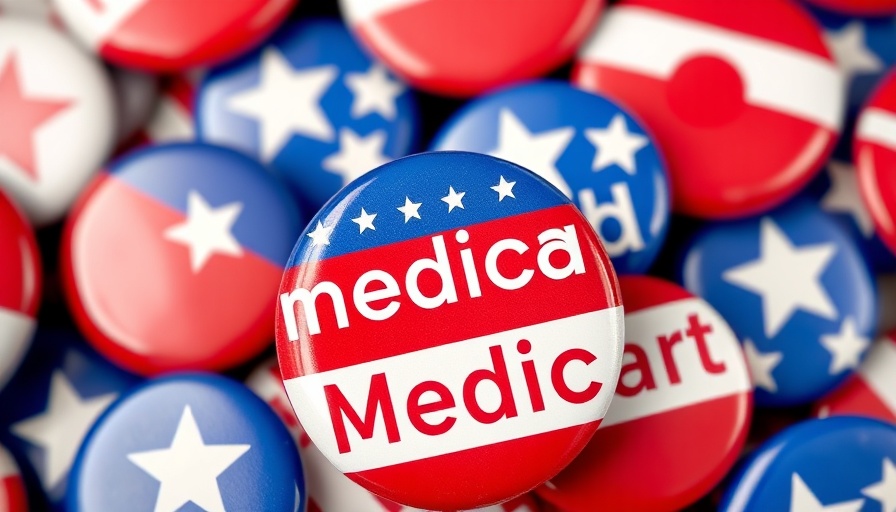
Understanding Medicaid in a Time of Proposed Cuts
As debates heat up in Congress over potential cuts to Medicaid, it is essential to clarify the role of this crucial program. Launched in 1965 under President Lyndon B. Johnson, Medicaid is a jointly funded state-federal program designed to provide health coverage for low-income individuals, children, the elderly, and those with disabilities. This program significantly impacts over 79 million Americans and constitutes a lifeline for countless vulnerable citizens, especially seniors who often depend on it for long-term care.
The Bipartisan Debate on Medicaid Funding
The recent Republican budget proposal underscores the urgency surrounding Medicaid funding. With a hefty $880 billion annual budget, Medicaid accounts for a significant part of state budgets, covering services that range from basic health care to specialized support for those with disabilities. Proposed cuts threaten to strip away essential services that many low-income families rely on, causing a ripple effect in health care accessibility.
Who Would Be Affected by Medicaid Cuts?
Critics of the proposed cuts, including various advocacy groups and state officials, argue that slashing Medicaid funding could jeopardize the health of millions. Notably, the cuts could disproportionately affect older adults and children, as nearly 40% of children in the U.S. are insured through Medicaid and CHIP. Such statistics highlight a deep interdependence between Medicaid funding and the well-being of America’s most vulnerable groups. Lawmakers have voiced concerns that cuts would lead to reduced access to preventive health services, increasing long-term costs for the healthcare system.
Future Predictions: The Impact of Drastic Medicaid Changes
Experts predict that if the current trends in proposed Medicaid cuts continue, states may revert to pre-expansion enrollment levels and privileges, leaving millions without health coverage. Many economists and health policy analysts point towards a scenario where states cut benefits, thereby increasing out-of-pocket costs for those who remain enrolled. Furthermore, rising healthcare expenses could result in many individuals being unable to afford necessary treatments, thus exacerbating health disparities across socioeconomic lines.
Conclusion: The Call for Action
As discussions unfold and potential new policies line up, it becomes crucial for stakeholders to advocate for Medicaid's protection. Understanding Medicaid’s importance is not just a matter of policy but about safeguarding the health and well-being of Americans. Citizens are encouraged to engage their lawmakers regarding the preservation of Medicaid and its essential services: this isn't just a political issue; it's a human one.
 Add Row
Add Row  Add
Add 




 Add Row
Add Row  Add
Add 



Write A Comment